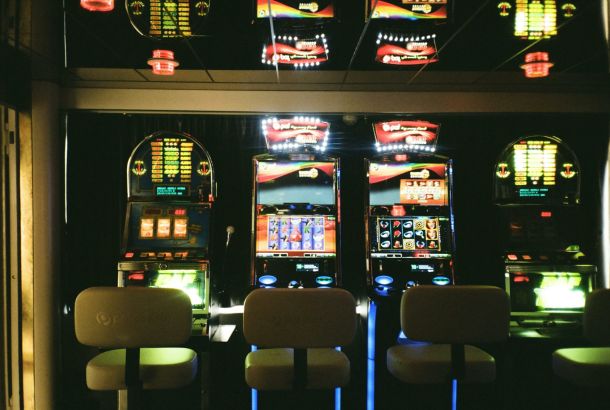The Fallowfield Fast Food Phenomenon
By mo cheriet
Usually a journey back from a heavy night out involves making a stop at a takeaway before venturing back home, but why is it always from the same place?
Students around the country – and in Fallowfield in particular – show an unbreakable loyalty to the people that provide their greasy food after a night out; it’s a devotion resembling that of a football fan towards their respective clubs. No one walks around wearing a Kebab King pizza with Paz’s name printed on the back but it is not out of the question.
This loyalty is a phenomenon that can’t easily be changed. When McDonalds in Fallowfield made the decision to stay open it looked like the big nightly revenues of smaller establishments would fall victim to a McDonald’s monopoly, yet not even the might of a Fortune 500 company was enough to cut the chords between students and their beloved fast food joint.
Most of the student population will prefer a Big Mac over a distinctly average tasting quarter pounder from one of the other take-outs when sober but McDonalds mysteriously drops down the pecking order of places to eat when intoxicated. Is that because food from all the other places tastes so good after a bottle of vodka or is McDonalds just not greasy enough to satisfy our drunken cravings?
Can this consumer devotion be explained from a business perspective? Most businesses gain loyalty through the use of promotions. Some restaurants like to offer loyalty cards that reward frequent eaters but none of the fast food places have adopted such marketing schemes and yet they keep hold of their equal share of customers for the duration of their degrees.
Price competition is not common either, presumably due to the difficulty to undercut the competition when the general price level for post night out fast food is already so low. Offering kebab on chips for ten pence less will make little difference to most people, especially students too drunk to register the price. Pricing strategy appears to be just as fruitless as marketing strategies.
This could mean that Dixie chicken and its competitors may in fact explain an elementary economic model. With a large number of businesses all selling near identical products at identical prices to hungry drunken students who all want cheap food , the Fallowfield late night fast food market is arguably proof that perfect competition exists after all. Alcohol and kebabs are the answer to an economic mystery.







